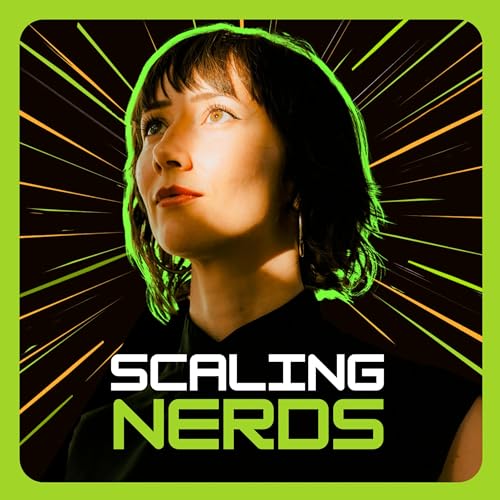- An old episode from the Red to Green Podcast on Food Tech & Bio Tech. Listen if you are interested in the future of food, but this isn’t Scaling Nerds.
Red to Green was a podcast that investigated how to transition the food industry from harmful to healthy, from polluting to sustainable, from Red to Green. Each season had a different topic
- Season: Cultivated Meat
- Season: Plastic Alternatives
- Season: Food History
- Season: Food Waste
- Season: Biotech in Food
- Season: Book Reviews on the future of food
Let’s finish discussing our book “Meals to Come- The History of the Future of Food.”
You will hear about
- how modern solutions of cornucopias, Malthusian, and egalitarians look like
- why it can be useful to add an ecological perspective
- a tapestry of some of my favorite quotes from the book discussing how belief systems and rhetoric have shaped the future of food predictions. Super, super interesting.
And after about 10 minutes of that, we will get into the summary of the entire season.
I am joined by my cohost if Frank Alexander Kuehne, the Chief of the Advisory Board of the herb and spice producer RAPS and the Managing director of the Adalbert Raps Foundation, funding research on sustainable food science. More on that later
Here is a quick reminder from last episode describing the three types of food futurists - cornucopias, Malthusians and Egalitarians.
1. Cornocopians believe "innovation will fix anything" and throw tech at any problem. We need to go better, faster, and stronger with new approaches.
Main theme -> Innovate (biotech in food, cell ag, novel fertilizers, etc.)
2. Modern Malthusians believe we need to reduce our consumption, respect the earth's limits and find ways to reduce, reuse and recycle.
Main theme -> Save (AI to reduce food waste, CSR)
3. Egalitarians believe we would have enough if we would share it better. Environmental issues are a reflection of social inequality. Local is beautiful.
Main theme -> Share (Local markets, local food production, foreign development)
4. Ecologists (a category I added) believe we must live in line with nature again. Get off the chemical, agricultural treadmill and think in ecosystems.
Main theme -> Restore (agroforests, regenerative agriculture)
Ultimately, the solution is not an either-or but an "and." It helps to be aware of one "default" view and recognize which other perspectives may be good to develop.
Get funding for your food science research: https://en.raps-stiftung.de/foerderbereiche/lebensmittelforschung
Seeds of Science https://www.amazon.com/Seeds-Science-Why-Wrong-GMOs/dp/1472946987
Connect with the host, Marina https://www.linkedin.com/in/schmidt-marina/
Connect with the host, Frank https://www.linkedin.com/in/frankkuehne/
Please rate the podcast on Spotify and iTunes! <3
DISCLAIMER - The podcast and article represent the personal opinions and interpretations of the participants). The statements may be exaggerated for entertainment and/or comedic purposes. Every effort has been made to ensure the accuracy and reliability of the information presented per the cited sources. However, the participants do not guarantee the completeness or timeliness of the information. Readers are encouraged to verify the information presented and conduct their own research independently. The participants acknowledge that mentioned parties may have the right to an alternative interpretation of matters discussed.
 37 分
37 分 34 分
34 分 15 分
15 分 2025/10/292 分
2025/10/292 分 50 分
50 分 2023/11/2520 分
2023/11/2520 分 2023/07/1735 分
2023/07/1735 分 36 分
36 分

